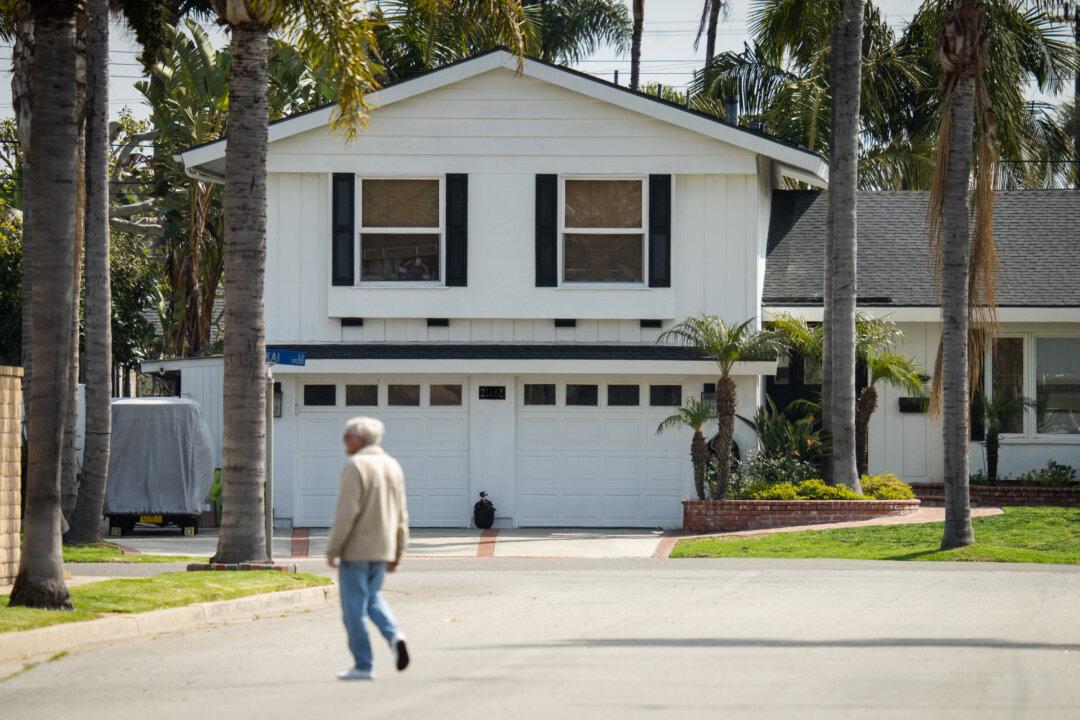Evicting a tenant in California may soon prove more difficult after state lawmakers passed a bill that would require proof by a landlord for what’s known as a “no fault” eviction.
Senate Bill 567, authored by Sen. María Elena Durazo (D-Los Angeles), would also mandate 12 months of occupancy for owners or a family member, if occupying the rental was the cause for the tenant eviction. Gov. Gavin Newsom has until Oct. 14 to sign it into law or veto.





